Keywords: Football
There are more than 200 results, only the first 200 are displayed here.
-
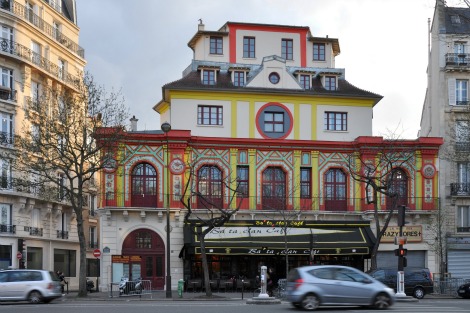
INTERNATIONAL
- Bronwyn Lay
- 16 November 2015
16 Comments
As I marched for Remembrance Day in our small village in France, I wondered, 'How long will these villages keep these ceremonies? When will someone decide these wars are too long ago or too far away?' Two days later, Paris was attacked. The news came like war does: sudden and violent. Then came declarations of a state of emergency and the closing of borders. My eldest daughter was over the border in Switzerland without a passport. War starts in increments, in the small ordinary worries of families.
READ MORE 
-

AUSTRALIA
- Brian Matthews
- 16 October 2015
3 Comments
In the recent AFL Grand Final, the performance of Aboriginal footballer Cyril Rioli seemed to be not much short of magic. Well, perhaps the spirit world did make a contribution. In 1844, a great throng of clans was camped on the site of what became the MCG. Perhaps, 170 years later, Aboriginal footballers, running down the race for the first time and steeling themselves for the noise, the space, the tension, find instead a great sense of intimacy as their feet hit the grass of the oval.
READ MORE 
-
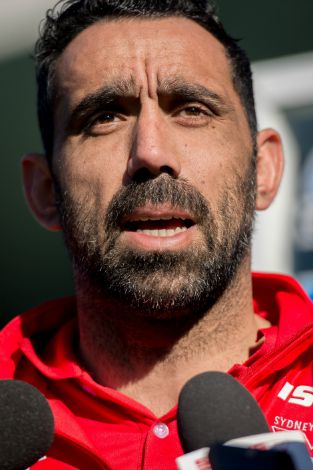
AUSTRALIA
- Michael McVeigh
- 23 September 2015
10 Comments
No matter which story about Goodes a person chose to believe, the fact that the booing had such a profound personal effect on him should have at least given spectators pause. As I've written before, if someone continued to boo Goodes after everything that had been said they were at best a bully, and at worst wilfully perpetuating racism. That the boos continued right up until the last game of Goodes' career is an indictment on all AFL fans.
READ MORE 
-

ARTS AND CULTURE
- Brian Matthews
- 18 September 2015
9 Comments
When Josef Stalin died on 5 March 1953, a couple of months into my Matriculation year, my Russophile leanings seemed about to be intensified. Research in those days was a matter of consulting encyclopaedias, or, if possible, going to the Public Library, but in Stalin's case the newspapers were full of reports, history, anecdote, judgement and various degrees of relief, so there was suddenly plenty of information.
READ MORE 
-

ARTS AND CULTURE
- Tim Kroenert
- 20 August 2015
25 Comments
Timothy Conigrave's memoir Holding the Man is a classic of contemporary Australian queer literature. Originally published in 1995 a few months after Conigrave's death from AIDS, it is an account of his relationship with John Caleo, whom he met in 1976 when they were both students at the Melbourne Jesuit private boys school Xavier College. Conigrave and Caleo were together for 15 years until Caleo's death (also from AIDS) in 1992. This film adaptation of their story is nothing if not bold.
READ MORE 
-
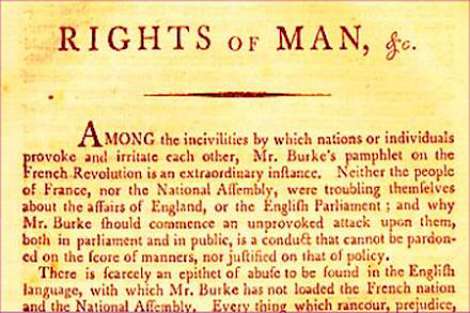
AUSTRALIA
- Tim Robertson
- 05 August 2015
13 Comments
The politicians have an excuse: they have vested interests. But what about the rest of us? Has the rape and torture of asylum seekers, many of them children, in institutions established at the behest of Canberra, become so commonplace that it no longer shocks? It's not that empathy is an emotion particularly lacking in Australia. But there remains a disconnect between 'us' and asylum seekers.
READ MORE 
-
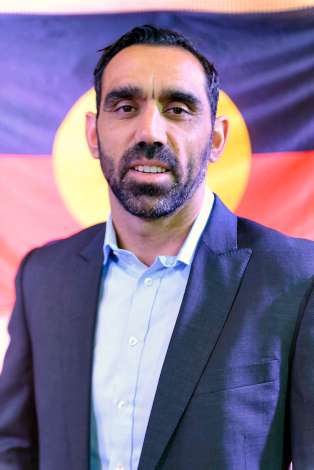
AUSTRALIA
- Michael McVeigh
- 29 July 2015
31 Comments
What is the difference between people who boo Goodes because they disagree with his statements on Aboriginality, and those who lined the streets of Selma to abuse Martin Luther King and his companions on their marches? What they are doing is designed to further marginalise and alienate Aboriginal voices brave enough to speak out against the status quo. The actions of those booing Goodes need to be called out for what they are - racism.
READ MORE 
-
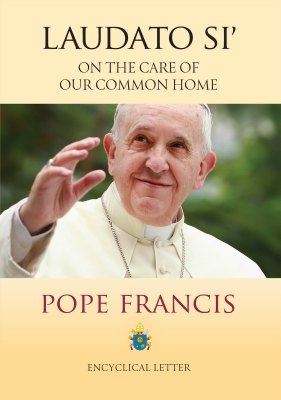
RELIGION
- Neil Ormerod
- 15 July 2015
29 Comments
It is not surprising that The Australian should be leading the local pushback on the environmental encyclical Laudato Si'. What is surprising is that a Catholic priest - Fr James Grant - should be joining the chorus against the encyclical, initially in an IPA media release. His more recent contribution to The Australian is right out of the briefing notes supplied by the coal industry in its global public relations efforts to shore up its waning reputation.
READ MORE 
-
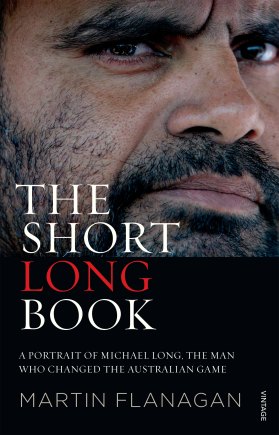
AUSTRALIA
- Andrew Hamilton
- 09 July 2015
8 Comments
Because football and other large sports are an image of life, they are safe spaces in which loss is never final and youth is never lost. But occasionally, as in the death of Philip Hughes and Phil Walsh, real life breaks into the image. Death and horror have to be grappled with.
READ MORE 
-
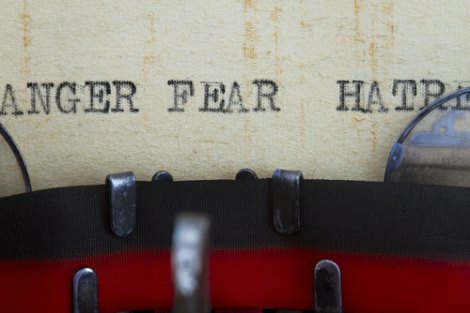
AUSTRALIA
- Andrew Hamilton
- 11 June 2015
30 Comments
In my early years of secondary school there was a fine footballer in the senior team of another school. I had never met him, but I hated him with a passion. This memory returned in recent weeks when reading of the vilification of Adam Goodes, and some of the opinion pieces on the Ballarat sexual abuse. Hatred avoids questions by trying to obliterate those whose lives pose them to us.
READ MORE 
-

AUSTRALIA
- Megan Graham
- 03 June 2015
2 Comments
I can't hate the season entirely. Perhaps winter gives the sun the due reverence it’s owed - a chance for its power to be known intimately through its absence. Over a book, warmed by the words on the page and the cup of tea in your hand, you can muse about what it all means to be alive. Sometimes a little hibernation is what it takes to heal.
READ MORE 
-
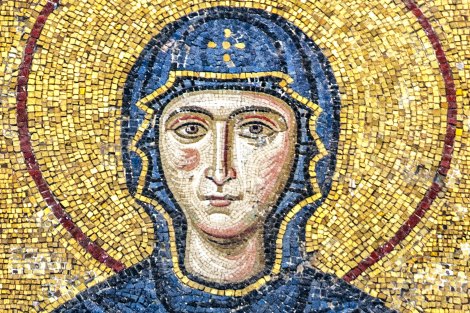
AUSTRALIA
- Andrew Hamilton
- 21 May 2015
18 Comments
The world is gazing with astonishment at our single-minded way of dealing with people who come to us for protection. It is iconic, now that nations in the region have adopted it. The modern understanding of icons as embodying qualities people desire differs from the Byzantine approach in which traditional religious icons do not impress us with their dominance over their environment, but draw us to their eyes.
READ MORE 